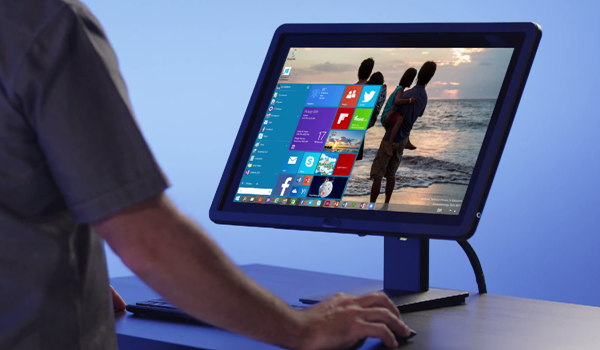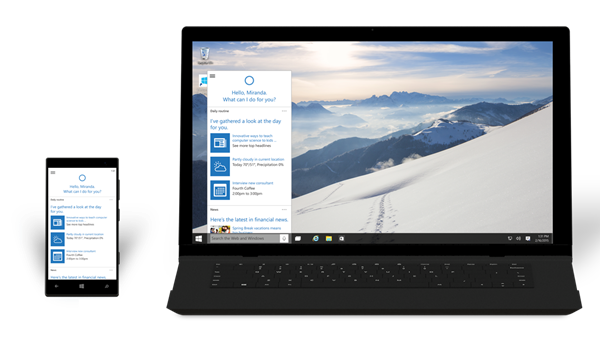Microsoft will be abandoning its traditional release cycle as the software giant aims to push out Windows 10 as the last version of the Windows OS per say. This means that Microsoft will be dropping the whole version number branding and treat the OS more like a service, kind of similar to what Apple has been doing with OS X updates for a decade now.
Windows 10 has been long seen as that meaningful push from Microsoft towards an OS that is supported on not just PCs, but mobile devices as well, allowing for a harmonious eco-system for the software based company. Interestingly, this plan to move away from the typical release cycle had been leaked quite a while back on the Internet, but this time the news comes in from a rather official source.

Speaking at Microsoft Ignite, a representative of the Windows maker confirmed the rumors that the company will in fact drop the idea of rolling out a complete new Windows OS with newer version numbers. It was revealed that Windows 10 would be “the last version of Windows” to be released. While the Windows OS will remain, Microsoft will now look to Windows 10 as a base upon which the company can build on through timely updates, bringing in new features and fixes over time as technologies and platforms evolve, like what Apple has been doing with OS X 10.x release cycle.
It has already been learnt that Microsoft is prepping up a new update for the summer bound Windows 10, codenamed ‘Redstone,’ to be released in two waves in 2016. The details on this update however remain unclear, but it does give us an insight on how Microsoft will be looking to update the Windows platform in the near future, as part of the larger ecosystem that Windows 10 aims to be.

It is much likely that Redstone will be preceded by a bunch of other updates following the release of Windows 10 RTM, to tackle any bugs and performance issues that will surface when PC owners get their hands on the new OS. Speaking of consumers, Microsoft has announced a while back that the Windows 10 will be available as an update for non-licensed or pirated Windows 8 users as well.
(Source: Microsoft)
You can follow us on Twitter, add us to your circle on Google+ or like our Facebook page to keep yourself updated on all the latest from Microsoft, Google, Apple and the web.

